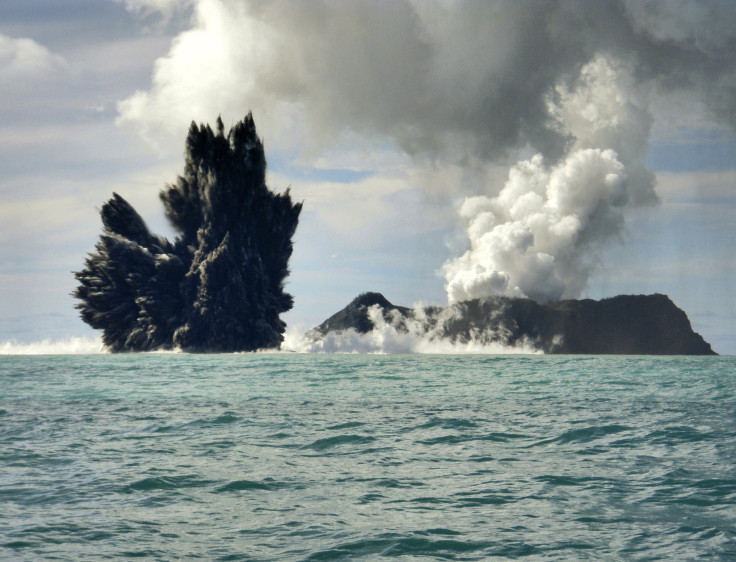Birth Of Massive Underwater Volcano Responsible For Earth’s Mysterious Humming, New Study Reveals
KEY POINTS
- Scientists have uncovered the origin of Earth's mysterious humming sound
- The hum was produced by the birth of a massive underwater volcano
- The newly discovered volcano has the largest magma chamber
A team of scientists was able to uncover the source of the mysterious humming sound coming from beneath the Earth’s surface. According to their new study, the hum was produced by the birth of a massive underwater volcano with the largest magma chamber ever discovered.
The hum was detected by scientists from around the world in November last year. Technically, the hum is a low-frequency rumbling noise that was detected by sensitive seismic instruments stationed in different parts of the world. According to their findings, the mysterious phenomenon was coming from underneath Earth’s surface.
Around five months before the hum was detected, a series of earthquakes was felt near Mayotte in the western Indian Ocean. Further investigation revealed that the seismic activity was produced a massive pocket of magma that drained upwards toward the ocean floor. Measuring about 16 to 19 miles deep, scientists noted that it was the largest magma chamber ever detected.
According to scientists, as rocks settled over the draining magma chamber, the ocean floor began to produce a low-frequency hum.
In a new study released by a team of scientists from Germany, which was published in the journal Nature, they explained how the draining of the magma reservoir led to the birth of a massive volcano beneath the ocean. As indicated in their study, the volcano has a diameter of three miles and protruded from the seafloor for about half a mile.
Aside from the strange humming sound, the sudden appearance of the underwater volcano also produced earthquakes during its development. The scientists noted that around 7,000 earthquakes occurred due to the emergence of the volcano and the movement of the tectonic plates in the area. Although some of these were felt on land, many of them were too small or weak to be noticed.
In addition to the discovery of a new volcano, the scientists said that their study highlights the possibility of detecting and studying volcanic activity without carrying out on-site investigations.
“We demonstrate that such deep offshore magmatic activity can be captured without any on-site monitoring,” the scientists wrote in the study.

© Copyright IBTimes 2024. All rights reserved.











